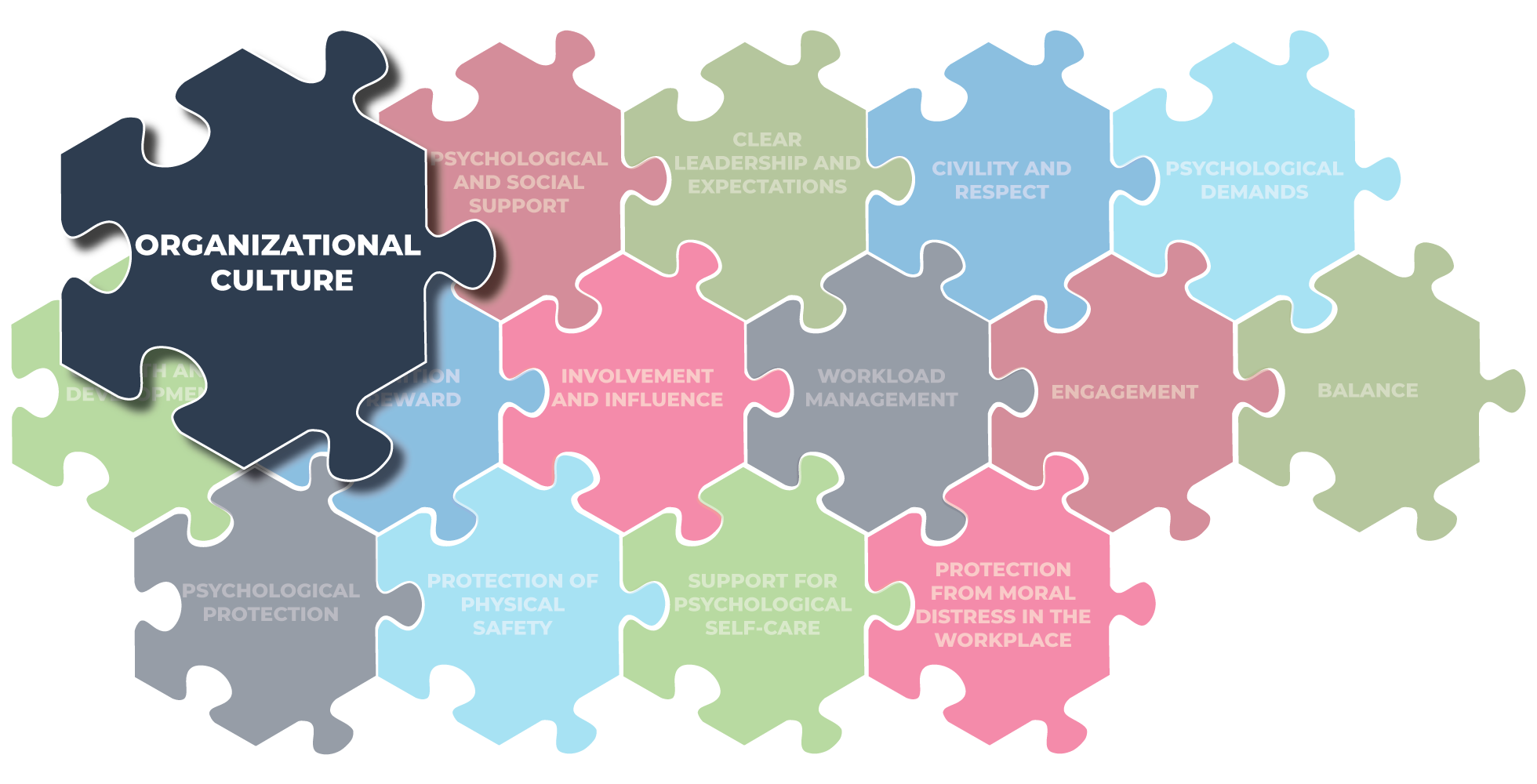The love story no one saw coming
This story is told from the perspective of Billie Askelend, Senior Executive Director at Nicola Lodge. No one expected a love story to begin at Nicola Lodge, least of all Roy. At eighty-nine, he had...


A workplace thrives when founded on trust, honesty, and fairness. Organizational culture encompasses the shared assumptions, values, beliefs, and expected behaviours that guide members of an organization. It serves as a framework for acceptable behaviour and problem-solving within the group.
Why a positive culture matters:
A healthy organizational culture is vital for several reasons.
Implications of a negative culture:
On the flip side, the absence of a positive culture can have detrimental effects: